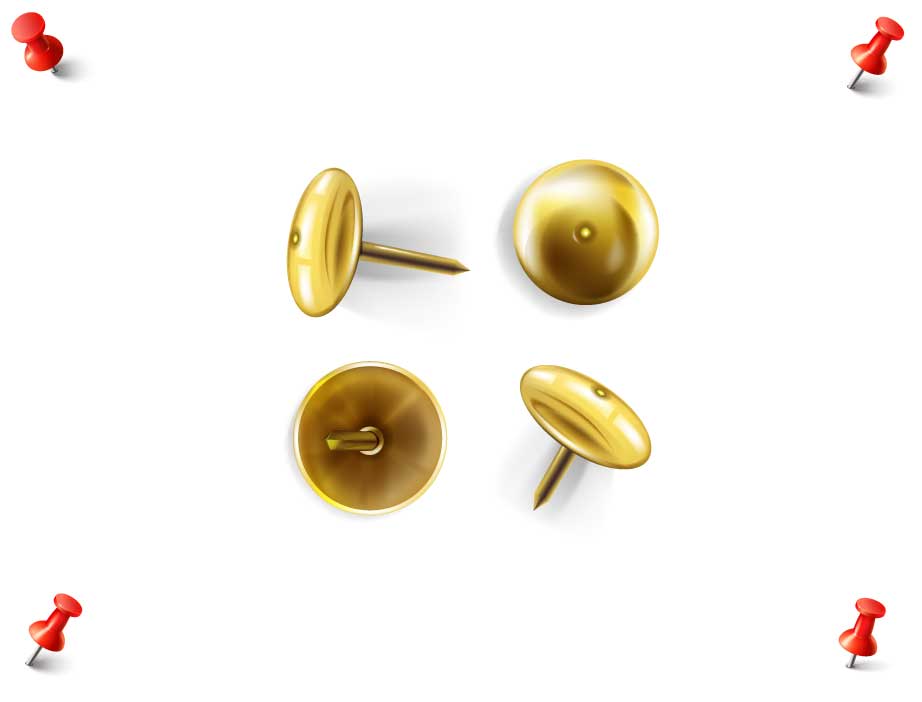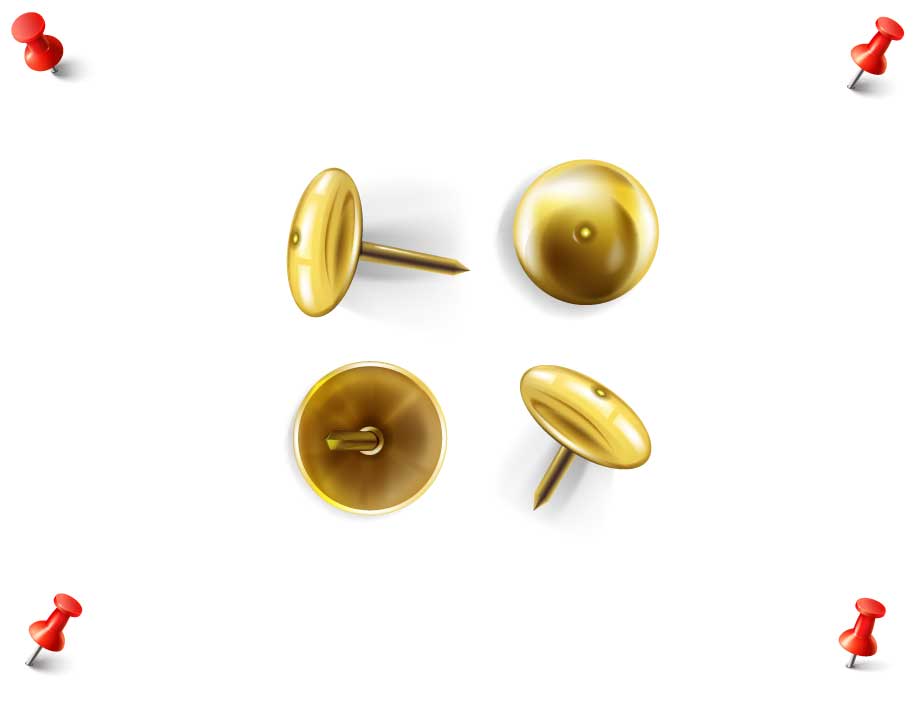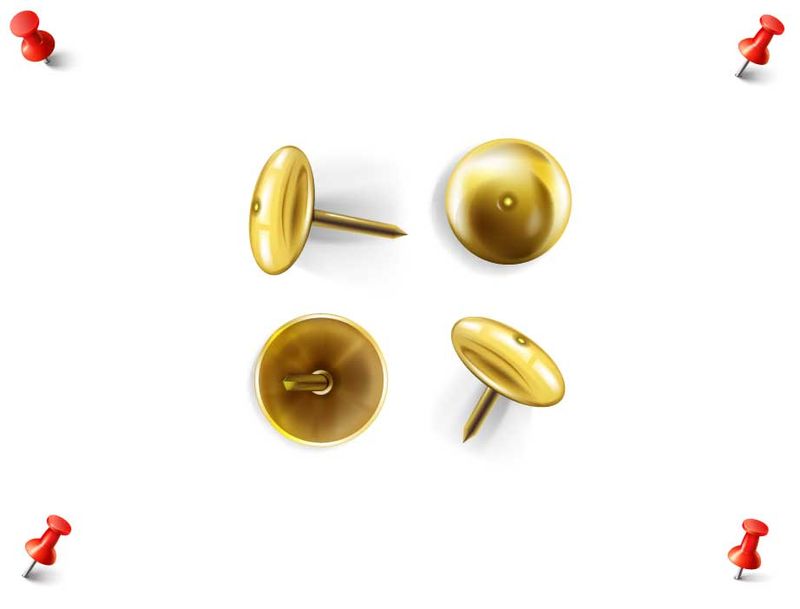Pleasure Pain Principles

Pokey Things Hurt and other Such Principles of Pleasure and Pain
In the heart of a tranquil village, amidst the rustic charm of cobblestone streets and ivy-clad cottages, resided an artisan named Sophia. With her deft hands and keen eye for detail, she found solace in the meticulous craft of watchmaking. Each day, she would retreat into her workshop, a sanctuary adorned with the tools of her trade, where time seemed to stand still amidst the delicate dance of gears and springs.
To Sophia, pleasure in the job put perfection in the work—a mantra she held dear as she poured her heart and soul into every timepiece that bore her name.
Pleasure in the job puts perfection in the work.
— Aristotle (384-322 BC)
As the sun dipped below the horizon, casting a golden glow over the tranquil village, Sophia emerged from her workshop, her hands adorned with the telltale signs of her labor. With a serene smile gracing her lips, she traversed the cobblestone streets, her footsteps echoing in harmony with the rhythm of the day's end.
In the heart of the village, nestled amidst the flickering shadows of the local tavern, Sophia found solace in the company of her dear friend Alexander. A philosopher by trade and a wordsmith by nature, Alexander possessed a keen intellect and a playful wit that never failed to brighten even the darkest of days.
Together, they would engage in conversations that spanned the breadth of human experience—from the whimsical nuances of daily life to the profound mysteries of existence itself. It was during one such evening, as the fading hues of twilight painted the sky in shades of violet and gold, that Alexander's words took on a solemn tone.
Sorrow is knowledge, those that know the most must mourn the deepest, the tree of knowledge is not the tree of life.
— Lord Byron (1788-1824)
With a heavy heart, Alexander spoke of the inherent duality of knowledge—the boundless depths of understanding that often came hand in hand with the weight of sorrow. Sophia listened intently, her thoughts drifting to the countless hours she had spent immersed in her craft, each tick of the clock a reminder of the fleeting nature of time and the inevitability of loss.
In the stillness of the tavern, amidst the flickering glow of candlelight, Sophia felt a familiar pang of anxiety—an ever-present companion that whispered of the uncertainties that lay ahead. It was a sensation she had grown accustomed to, a reminder of the inherent dizziness of freedom that came with the pursuit of one's passions.
Anxiety is the dizziness of freedom.
— Søren Kierkegaard (1813-1855)
Yet, even amidst the turmoil of her own thoughts, Sophia found comfort in the knowledge that true growth could only come through pain—the crucible through which consciousness was forged.
There is no coming to consciousness without pain.
— Carl Jung (1875-1961)
And so, as the night wore on and the shadows lengthened, Sophia and Alexander found solace in each other's company, their shared moments of introspection a testament to the profound beauty that could be found in the journey of self-discovery. For in the heart of a tranquil village, amidst the timeless rhythm of life, they discovered that even in the face of sorrow and uncertainty, there existed the possibility of joy, fulfillment, and the pursuit of perfection.

The planksip Writers' Cooperative is proud to sponsor an exciting article rewriting competition where you can win part of over $750,000 in available prize money.
Figures of Speech Collection Personified
Our editorial instructions for your contest submission are simple: incorporate the quotes and imagery from the above article into your submission.
What emerges is entirely up to you!
Winners receive $500 per winning entry multiplied by the article's featured quotes. Our largest prize is $8,000 for rewriting the following article;

At planksip, we believe in changing the way people engage—at least, that's the Idea (ἰδέα). By becoming a member of our thought-provoking community, you'll have the chance to win incredible prizes and access our extensive network of media outlets, which will amplify your voice as a thought leader. Your membership truly matters!


